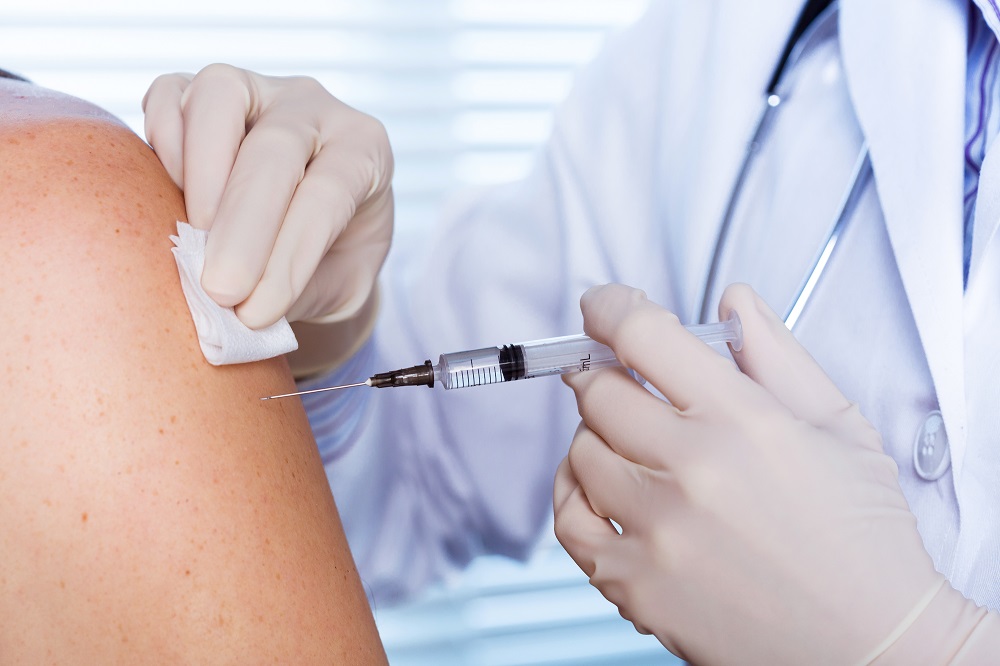The European Parliament regularly receives enquiries from citizens about vaccine hesitancy.

Vaccine hesitancy refers to delays in the acceptance or refusal of vaccines despite the availability of vaccination services. Vaccine hesitancy is complex and context-specific, varying across time, place and vaccines. It includes factors such as complacency (e.g. negative perceptions of the need for, or value of, vaccines), convenience (e.g. lack of easy access) and confidence (e.g. low level of trust in vaccine or provider). While national governmental authorities decide on vaccination policy, the European Union (EU) provides assistance in coordinating EU countries’ policies and programmes, for instance tackling vaccination hesitancy.
Position of the European Parliament
In April 2018, following a debate in plenary, the European Parliament adopted a resolution supporting measures aimed at tackling vaccine hesitancy and the drop in vaccinations in Europe. It noted with concern the important gaps in the acceptance of vaccines, the insufficient vaccination coverage rates necessary to ensure adequate protection and the worrying proportions of growing and widespread vaccine hesitancy.
Moreover, the European Parliament called ‘for greater transparency in the production of vaccines and for measures to reassure European citizens’ and strongly supported the Joint Procurement Agreement, which gives EU countries and the Commission a framework to jointly procure vaccines, thereby pooling the purchasing power of individual countries. More information can be found in the press release.
In a September 2018 resolution, the European Parliament highlighted the high value of vaccination to combat antimicrobial resistance. In this regard, the European Parliament stressed the importance of ‘accessible information and awareness raising among the general public to boost the vaccination rate’.
Position of the European Commission
In February 2018, in response to concerns voiced by citizens in petitions objecting to a national law that has made vaccination mandatory for school attendance in Italy, the European Commission highlighted that vaccination is a competence of EU countries. However, the Commission supports EU countries in ‘maintaining or increasing vaccine coverage against a range of vaccine-preventable diseases, promoting in particular the attainment of high levels of childhood immunisation so as to protect children against vaccine-preventable diseases’.
Members of the European Parliament have asked numerous questions of the European Commission on this issue. In particular, in a written answer to a parliamentary question, the European Commission indicated that the priority in tackling vaccination hesitancy is the ‘communication on vaccination with the aim to explain the benefits and address the misconceptions around the issue’.
Concerted efforts among EU countries
In December 2018, the Council adopted a recommendation on strengthened cooperation against vaccine preventable diseases. The recommendation called on EU countries to develop and implement vaccination plans in order to increase vaccination coverage. It also welcomed initiatives by the European Commission to counter online vaccine misinformation, to develop evidence-based information tools and to present guidance that can support the EU countries in tackling vaccine hesitancy.
Coronavirus vaccine
In July 2020, the European Parliament adopted a regulation to fast track the development of vaccines, authorise more flexibility for researchers to speed up clinical trials while guarantying the safety of future Covid‑19 vaccines. The European Parliament held debates on the Covid‑19 vaccination in May and November 2020.
In its July 2020 resolution on the EU’s public health strategy post Covid‑19, while calling for stronger cooperation in the area of health, the European Parliament reaffirmed its concerns over the impact on public health of vaccine hesitancy and highlighted the need for clarity on the benefits and risks of immunisation in the EU countries.
Further information
- Towards a joint European approach on vaccination, European Parliamentary Research Service, Briefing, April 2020
- The benefit of EU action in health policy: The record to date, European Parliamentary Research Service, Study, March 2019
- Vaccination, European Commission
- Questions and answers about childhood vaccination, European Centre for Disease Prevention and Control
Keep sending your questions to the Citizens’ Enquiries Unit (Ask EP)! We reply in the EU language that you use to write to us.








Be the first to write a comment.